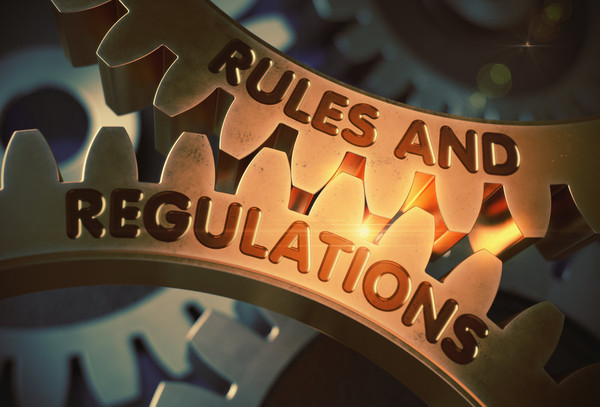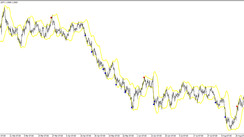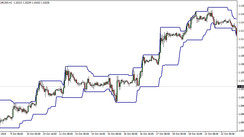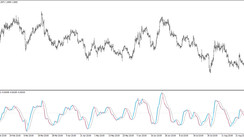What does regulation of a Forex broker mean? Regulation of Forex brokers is certainly one of the most important aspects for any Forex trader to consider before putting money in a live account.
Aside from several crucial benefits, choosing a regulated Forex broker is more about the protection against major negative experience than about getting major benefits.
In fact, feature-wise unregulated brokers will usually offer more, and may generally look much better than regulated brokers. However, it’s very important to keep a realistic perspective and not get sucked in by these tricks because most of them are designed just to steal your money.
In this regard, when choosing your Forex broker the common-sense advice “if it seems too good to be true then it probably is” will be of great help.
How is the Forex market regulated?
Being the largest financial market in the world with its decentralized nature, the Forex market is generally harder to regulate compared to other centralized markets like stock exchanges for example.
As a result, scams and frauds related to Forex trading in the past have been somewhat more common compared to other financial investments and markets, but in recent years even that is receding as regulators tighten their grip on banks and Forex brokers.
Essentially, the Forex market is regulated by the same regulators that supervise banks and other financial institutions that trade the financial markets.
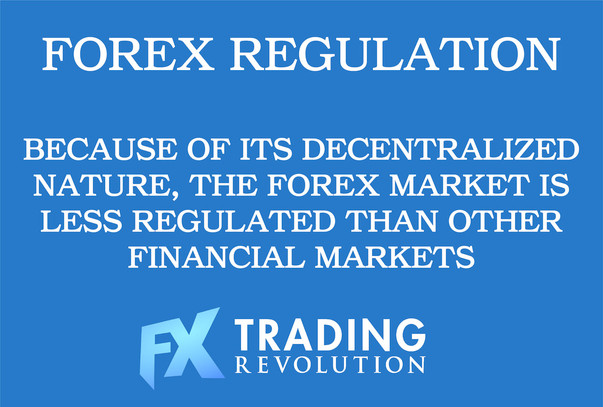
However, the difference is that they can only regulate the Forex market domestically in their jurisdiction and this is what makes it easier for big market players in Forex to get away with some questionable and unethical practices.
It’s also noteworthy for retail traders to be aware of price manipulation by big banks which was quite frequent in the past few years and even several big banks were fined big sums by the regulators for their involvement in price manipulation.
Regulatory entities
Generally, all developed countries in the world will have a financial regulatory agency that is responsible for overseeing financial instructions in the country. However, not all financial regulation is equal and traders are advised to stick with brokers regulated in developed countries like the US, the UK, EU countries and Australia.
Here are some of the regulatory bodies in the developed countries:
- The UK The Financial Conduct Authority (FCA) is the regulatory body for Forex brokers in the UK. If you are considering to trade with a UK broker ask for their FCA reference number and then search for it on the FCA website to make sure they are truly regulated by the FCA.
- The US The National Futures Association (NFA) is the regulator for Forex brokers in the US. The NFA has some very specific and strict requirements like not allowing more than 50:1 leverage to be offered to clients as well as that US traders are banned from opening accounts with Forex brokers based outside of the US.
- European Union The Markets in Financial Instruments Directive (MiFID) is a universal regulation across the European Union that ensures regulatory requirements in all EU member states are up to EU standards. Basically, that means that any Forex broker registered in an EU-member country can be considered safe enough to invest with.
- Cyprus The Cyprus Securities and Exchange Commission (CySEC) is the main regulatory body for Forex brokers in the EU member country of Cyprus. Many Forex brokers choose Cyprus as their headquarters location due to certain advantages so make sure to verify that the broker is regulated by the CySEC if they claim to be so.
- ASIC The Australian Securities and Investments Commission (ASIC) regulates Forex brokers providing services on the territory of Australia. ASIC, like most other regulatory bodies, has unique regulatory requirements and as a result, you will find some specific features that are available only with Australian Forex brokers.
What regulation of forex brokers means for traders
By trading with a fully regulated Forex broker the trader has one of the most important things for success in trading – peace of mind.
It’s peace of mind that he can withdraw his money, peace of mind that he will generally be treated fairly and peace of mind that the broker will not manipulate the platform to steal his money.
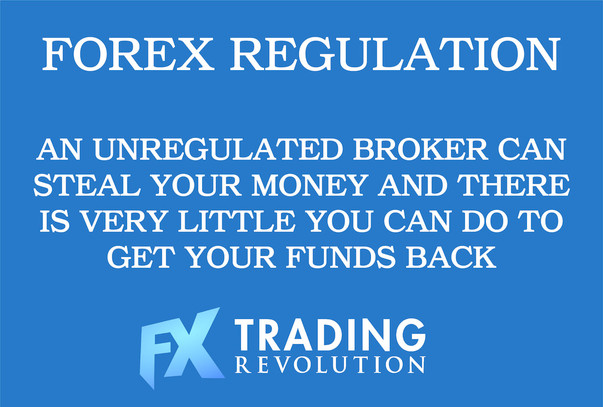
The last thing that any trader needs to do is spend time on arguing with the broker about what happened and why it happened, or being unable to withdraw funds for some ridiculous reason.
Unregulated brokers should be immediately disregarded for the simple fact that you never know when they may just close the company and run away with the money. They have no obligation to let you withdraw your funds since they are not regulated and there is nothing you can do about it.
Finally, although there are some bad regulated brokers, that occasion is more the exception than the rule. The benefits of trading with a regulated broker are unquestionable and that is absolutely the first condition to look for when choosing a Forex broker.

